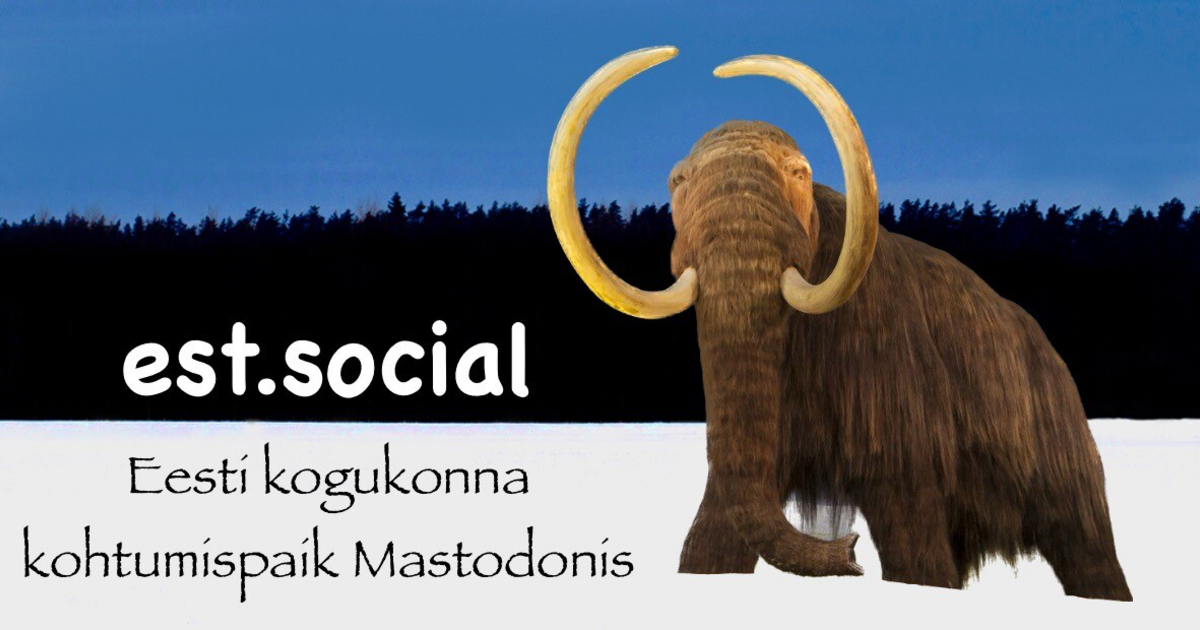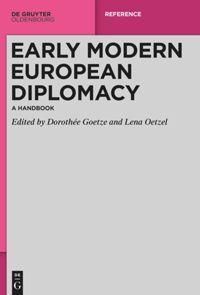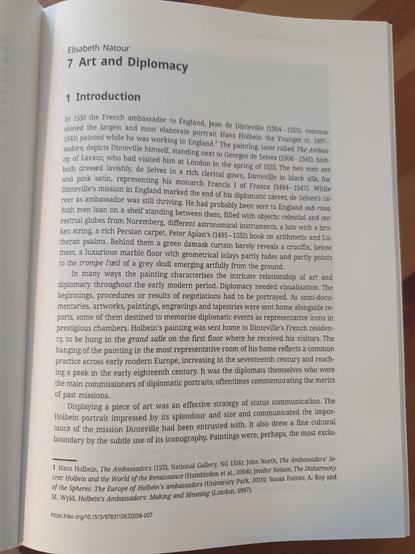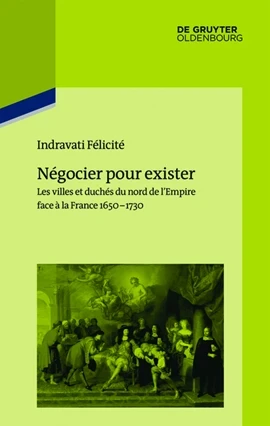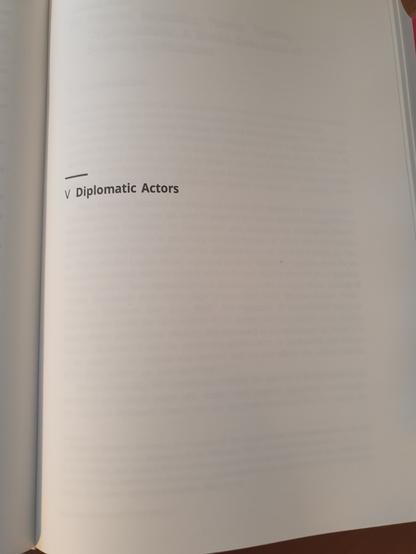#JobAlert
#Bern University has advertised a open rank professorship in #earlyModern #history. This position might be of interest for scholars of #emdiplomacy, but also all other #historians. Therefore, #histodons , don't miss this opportunity!
https://ohws.prospective.ch/public/v1/jobs/23f400da-8252-4ad6-86b6-89232ece3fe9
#academicJob #academicChatter
@earlymodern @histodons @historikerinnen @womenknowhistory


